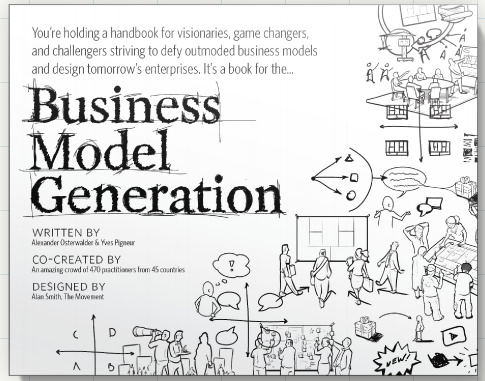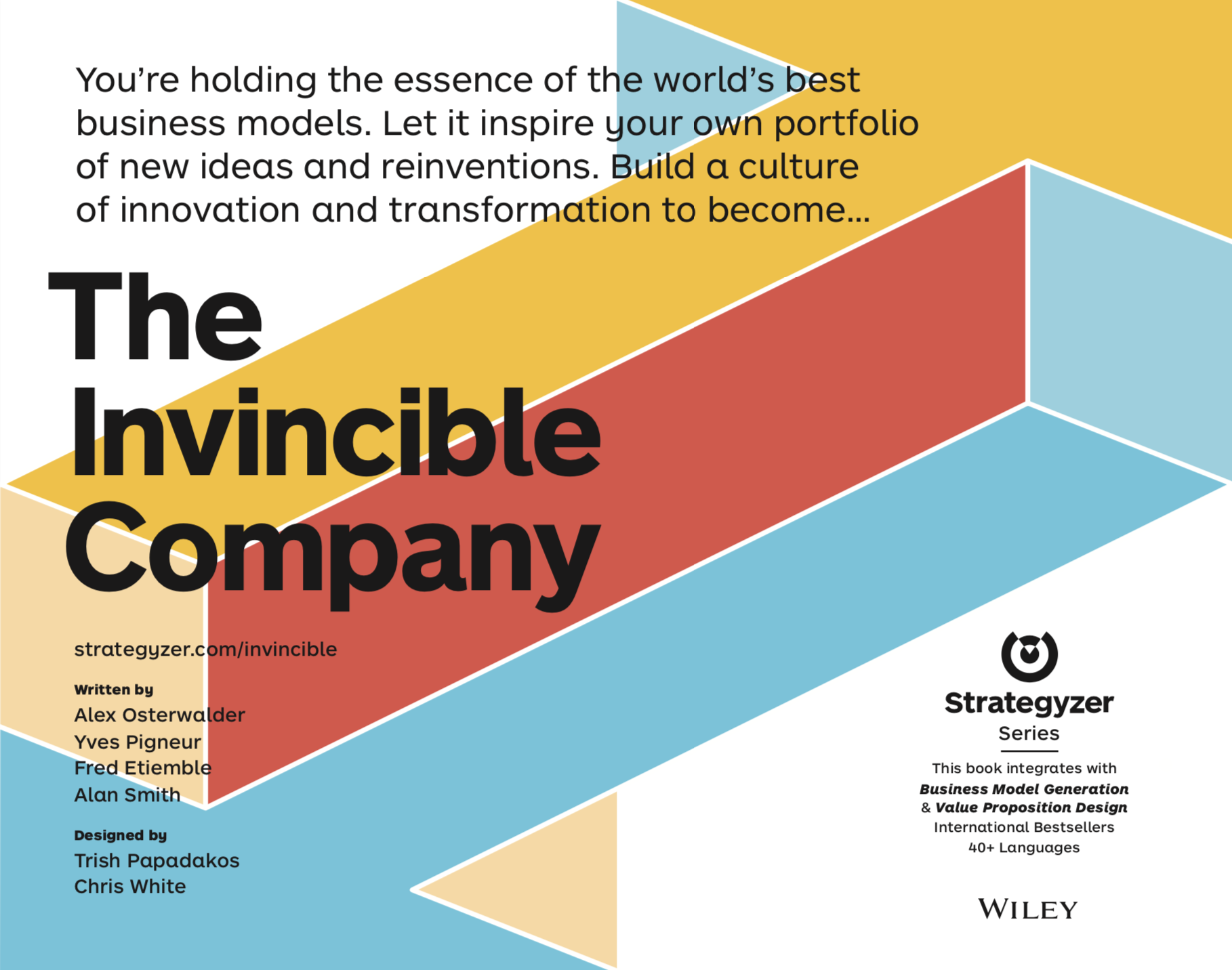Service science
Pigneur, Y., Werthner, H. (2009) Design and management of business models and processes in services science. Information Systems and E-Business Management (ISEB), Special issue on service science, Vol. 7, p. 119’121 (springer)
Information technology has changed the way, how companies perform business, how they develop services and interact with customers as well as other companies. This is accompanied by an ongoing virtualization of the economy, think of the ’value’ of companies like Google, ebay, or Skype. Their value is based on information and their ’user network’, not on the physical infrastructure or products. In this context, paralleled by the growth of the so-called service industry (or sector), one can observe an ’informatisation’ of work, value chains, products as well as services. The term ’service’ point at a close interaction of supplier and customer with the simultaneity of production and consumption. It refers to an exchange between supplier and consumer for the provision of (intangible) assets.
The all-embracing utilization of IT following its principles of transparency enables new forms of networked organization, referring to the concept of smart business networks. The focus is on flexible service design, implementation and delivery, putting the customer at the center. The underlying issue is to link strategy, business models, business processes and implementation (utilizing service oriented architectures) for flexible design, implementation and adaptation. To fully exploit its potential, research in this domain must focus on these factors, and on the applicability of the corresponding technologies.
It is important to note that the term service has to be seen from different points of view, from management science, information systems and computer science. These different views also refer to the important distinction between service, e-service and web service. And whereas on the technical level one can observe an increasing maturity and acceptance of web services and service-oriented architectures (SOA) by both industry and academia, on the business level the landscape is still rather heterogeneous. Consequently, this special issue focuses on the latter, on the design and modeling of services on the business level, on strategy, business models and business process models.
This issue contains a set of six papers, where we have selected from 18 submitted contributions. Please note that this issue is part of a series of special issues of the journalInformation Systems and e-Business Management on topics related to the emerging and multidisciplinary field of Services Science.
…




